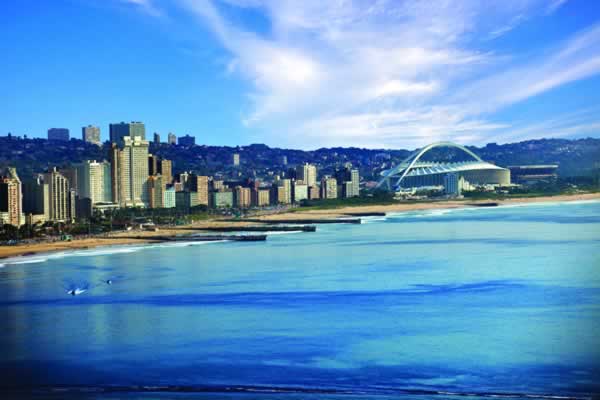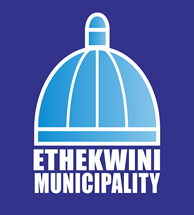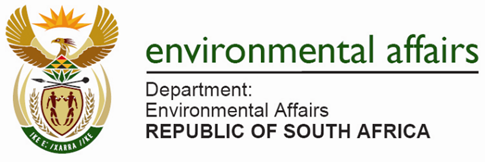ENVIRONMENTAL JUSTICE IN SOCIETIES IN TRANSITION
Call For Papers and Posters
ABSTRACT DEADLINE: 20 November 2017 | Submit an abstract | Submit a poster
Globally, societies are in transition due to environmental challenges such as climate change, shifts in political power as seen in Europe and the USA, and social changes such as mass migration. All these changes and challenges pose a threat to the sustainability of the physical and human environment, and growing inequality threatens both the social and natural environment.
Although the aim of development is to create a more sustainable environment, the reality is often that only few people benefit while others are left to bear the brunt of the impacts and greater inequality. Environmental management should serve to translate environmental costs into wellbeing benefits for all of humankind and not just the privileged few.
South Africa is a good example of a society in transition where reducing inequality is the greatest challenge the country faces. Durban experiences many such challenges. The city boasts both plush upmarket residential suburbs and impoverished informal settlements at the other end of the spectrum. Durban also bears the legacy of apartheid planning with historical residential areas in the immediate proximity of large-scale industrial operations. In amongst this all is a rich natural environment in the form of the sea, estuaries, rivers, forests and wetlands that lie within the city limits.
This is an ideal setting to engage with the conference theme; your participation is invited.
Sessions, panels, and workshops seeking abstracts include:
- Infrastructure financing and EIA: Managing risk and the public interest
- Good practice examples of environmental justice in societies in transition
- Biodiversity offsets and people
- Improved integration of land acquisition and resettlement expertise in ESIA
- Integrated IA for addressing Africa-specific challenges in extractives
- Distributional and procedural justice in development projects
- Registration and certification of IA practitioners
- Where did it all go wrong? An honest look at lessons learned in ESIA
- Renewable energy: Land acquisition, job creation, and benefit sharing
- EIA effectiveness for infrastructure development projects in Africa
- Global nexus of future IA systems in Asia and vicinity transition societies
- SEA practice for regional and land use planning
- SEA as a tool for radical reform for countries in transition
- Environmental justice and the pursuit of sustainable cities
- Exploring the relationship between quality and justice
- Desertification, land degradation, and drought: Role of impact assessment
- Improving environmental and social performance on construction projects
- Enriching ES(H)IAs with the natural and social capital concept
- Cultural resources in strategic environmental assessment
- Are the SDGs an opportunity to guide a regulatory framework for HIA?
- Informing enviro-cultural justice in impact assessment
- The making of competent EIA experts
And many more! See the full list of sessions.

Siyanamukela eThekwini | We welcome you to Durban
procedure
Conference submissions take place in three phases:
- Session proposals. Session proposals are invited from 1 May through 31 July 2017.
- Paper and poster abstract submissions. From 1 September through 20 November 2017, papers and posters are invited on the topics and sessions listed online.
- Papers for online proceedings. Through 13 March 2018, paper and poster presenters are invited to prepare 5-page papers to be included in a paper review process for online proceedings.
How to send a session proposal or a paper/poster abstract - Follow these instructions [ paper | poster ].
Language
All submissions should be in English. English is the primary language used at IAIA conferences.
Acceptance and registration Session chairs and paper or poster authors will receive an immediate confirmation of successful online submission. If you do not receive an immediate confirmation of submission, do not assume it has been submitted. Please try again or contact webmaster@iaia.org for assistance.
All session chairs and presenting authors or speakers listed in the final program are required to submit a registration form, with full conference fees paid, by 8 February 2018. Please submit a session proposal or abstract only if you will have funding to cover your travel and registration. Individuals not able to comply with the registration requirement will not be included in the program and proceedings.
REMEMBER: Early registration will also save you money! IAIA does not have funds available to pay registration and travel expenses for program participants.
Important dates: Mark Your calendar
| |
|
PHASE 1 |
31 July 2017. Deadline for session proposals |
PHASE 2 |
1 September 2017. Paper and poster abstract submission opens |
registration deadline |
8 February 2018. Registration and payment deadline for presenters, session chairs, and all individuals to be listed in the final program and proceedings |
PHASE 3
|
13 March 2018. Deadline for draft papers |


